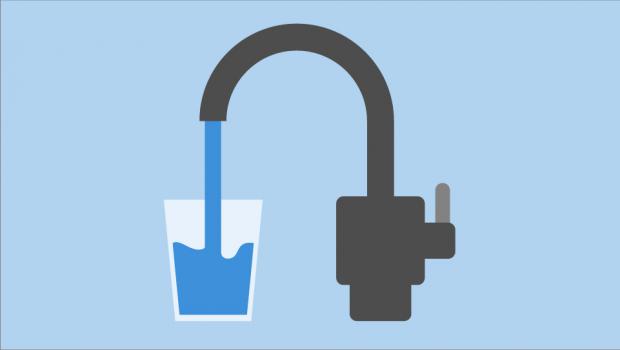
Breaking News
 The Epstein Emails Reveal Shadow 9/11 Commission – Exclusive Report!
The Epstein Emails Reveal Shadow 9/11 Commission – Exclusive Report!
 UPDATE: Reps. Massie & Mace Head to DOJ To View Unredacted Epstein Files
UPDATE: Reps. Massie & Mace Head to DOJ To View Unredacted Epstein Files
 Watch: 'Creepy' Ring Doorbell Camera Super Bowl Commercial Unveils Dragnet-Style Surveillanc
Watch: 'Creepy' Ring Doorbell Camera Super Bowl Commercial Unveils Dragnet-Style Surveillanc
 Moscow Says UK Troops Are Directly Fighting Russia In Ukraine
Moscow Says UK Troops Are Directly Fighting Russia In Ukraine
Top Tech News
 SpaceX Authorized to Increase High Speed Internet Download Speeds 5X Through 2026
SpaceX Authorized to Increase High Speed Internet Download Speeds 5X Through 2026
 Space AI is the Key to the Technological Singularity
Space AI is the Key to the Technological Singularity
 Velocitor X-1 eVTOL could be beating the traffic in just a year
Velocitor X-1 eVTOL could be beating the traffic in just a year
 Starlink smasher? China claims world's best high-powered microwave weapon
Starlink smasher? China claims world's best high-powered microwave weapon
 Wood scraps turn 'useless' desert sand into concrete
Wood scraps turn 'useless' desert sand into concrete
 Let's Do a Detailed Review of Zorin -- Is This Good for Ex-Windows Users?
Let's Do a Detailed Review of Zorin -- Is This Good for Ex-Windows Users?
 The World's First Sodium-Ion Battery EV Is A Winter Range Monster
The World's First Sodium-Ion Battery EV Is A Winter Range Monster
 China's CATL 5C Battery Breakthrough will Make Most Combustion Engine Vehicles OBSOLETE
China's CATL 5C Battery Breakthrough will Make Most Combustion Engine Vehicles OBSOLETE
 Study Shows Vaporizing E-Waste Makes it Easy to Recover Precious Metals at 13-Times Lower Costs
Study Shows Vaporizing E-Waste Makes it Easy to Recover Precious Metals at 13-Times Lower Costs
Federal Judge Rules Fluoride is a Neurotoxin in Historic Lawsuit

On Tuesday a federal court in California found that fluoridation of water at 0.7 milligram per liter "poses an unreasonable risk of reduced IQ in children".
The new ruling issued by Judge Edward Chen noted that the finding does not "conclude with certainty" that fluoridated water is "injurious to public health" but does find there is "an unreasonable risk of such injury". This risk is sufficient to require the EPA to enact a regulatory response, Chen wrote.
The decision is the latest ruling in an eight-year legal battle between the U.S. Environmental Protection Agency (EPA) and the Fluoride Action Network (FAN). The lawsuit began following the EPA's 2016 decision to deny the plaintiff's petition under the Toxic Substances Control Act (TSCA). The first phase of the trial took place in summer 2020 via Zoom and the second phase of the fluoride lawsuit concluded in February in San Francisco.
While Judge Chen does not tell the EPA what the response to the ruling should be, he did rule that the EPA cannot ignore the risk.
The EPA must now initiate a rulemaking process to determine what regulation they will implement to lower or eliminate the risk posed by water fluoridation. The EPA is likely to appeal the decision, but could also drag out the rulemaking process for years.
The Fluoride Action Network believes the most effective way to eliminate this risk is to end water fluoridation and ban the practice altogether.
"In our view, attempts by the EPA to appeal or delay this ruling will only result in harm to hundreds of thousands of additional children, particularly those whose families are unable to afford expensive reverse osmosis or distillation filtration of their tap water," wrote Stuart Cooper, Executive Director for the Fluoride Action Network.

 Smart dust technology...
Smart dust technology...

